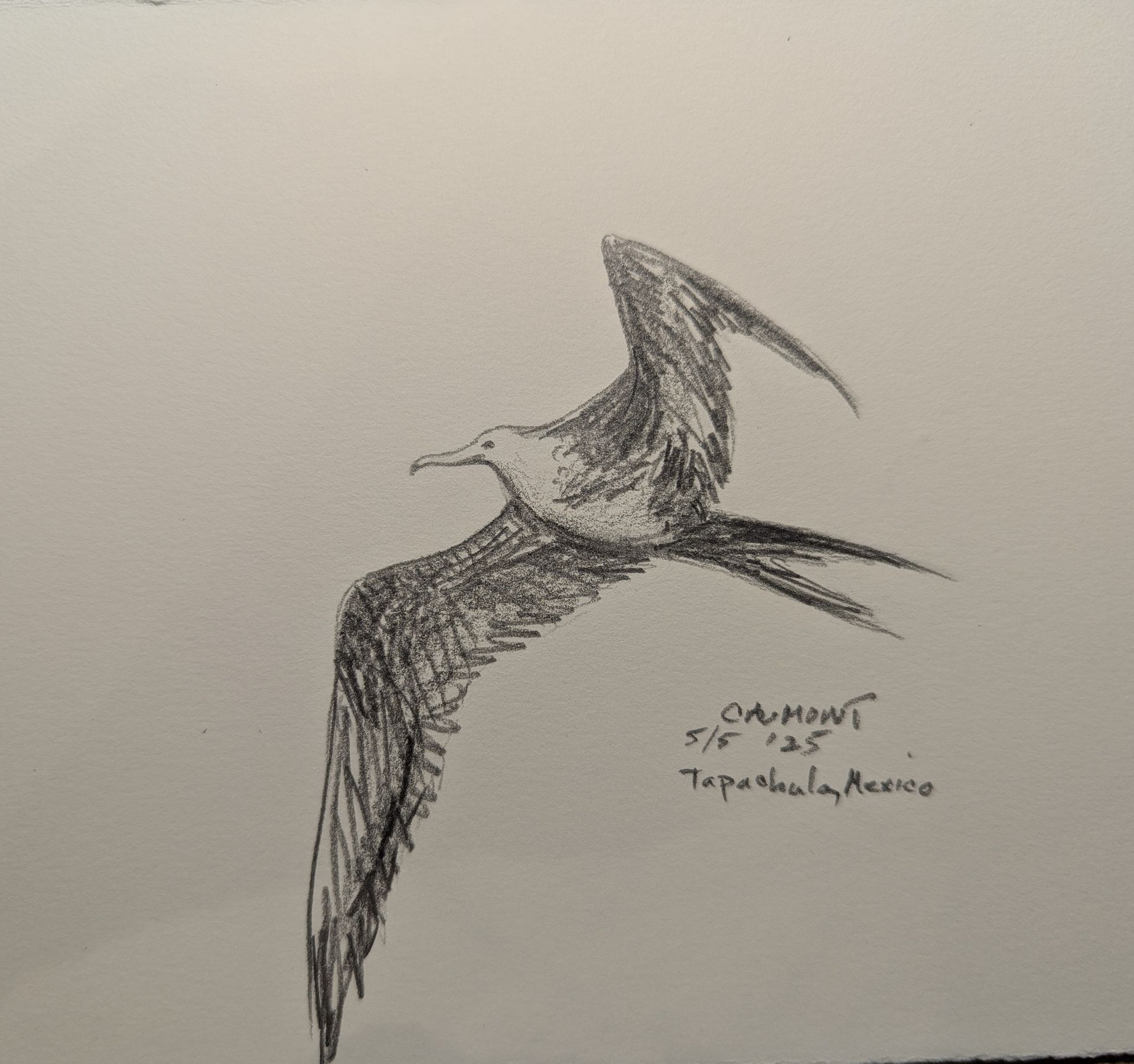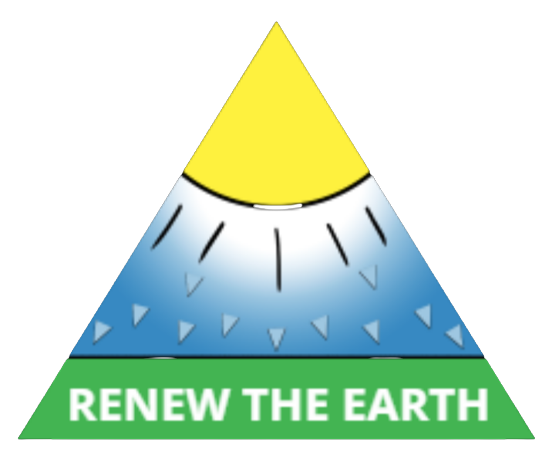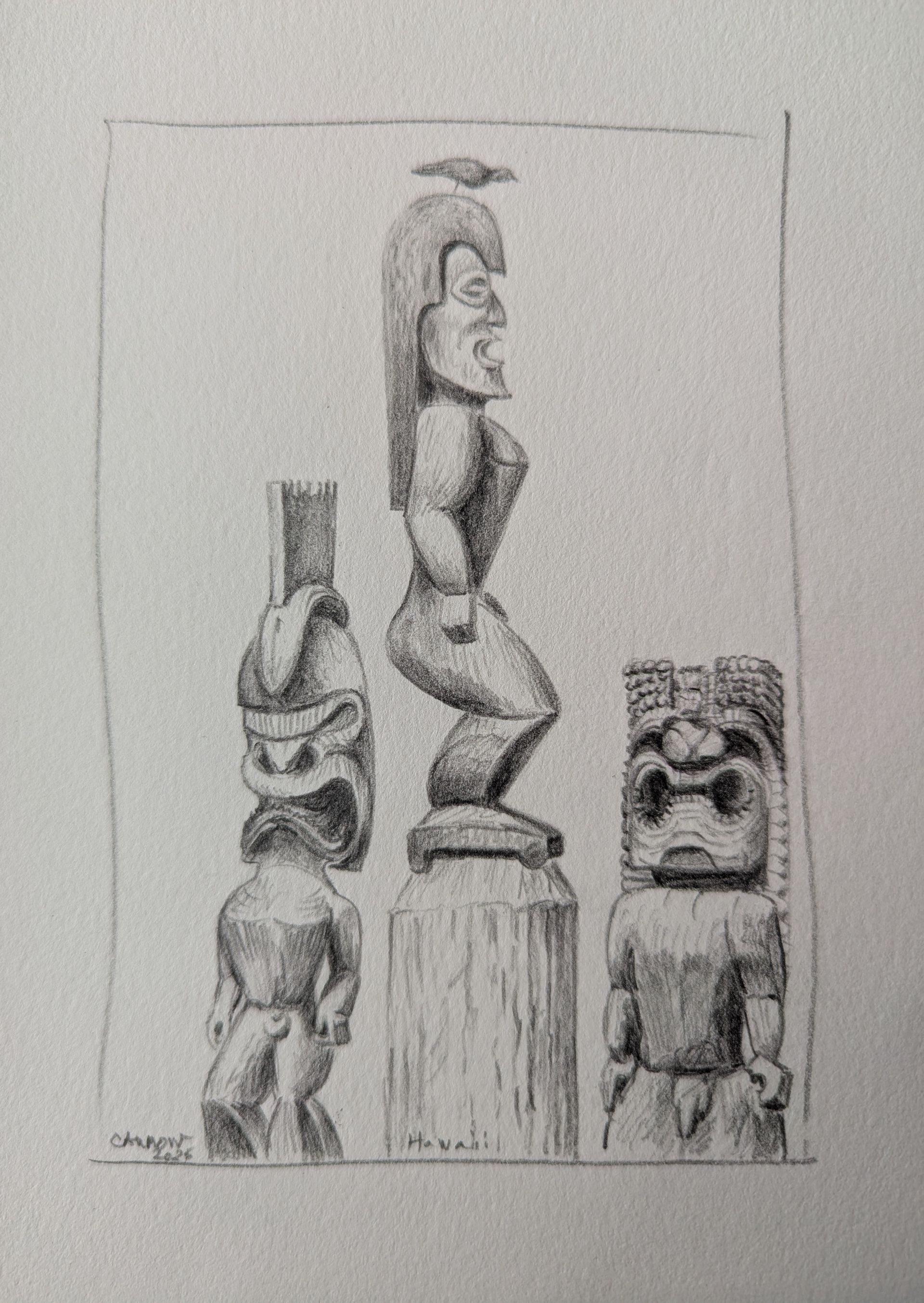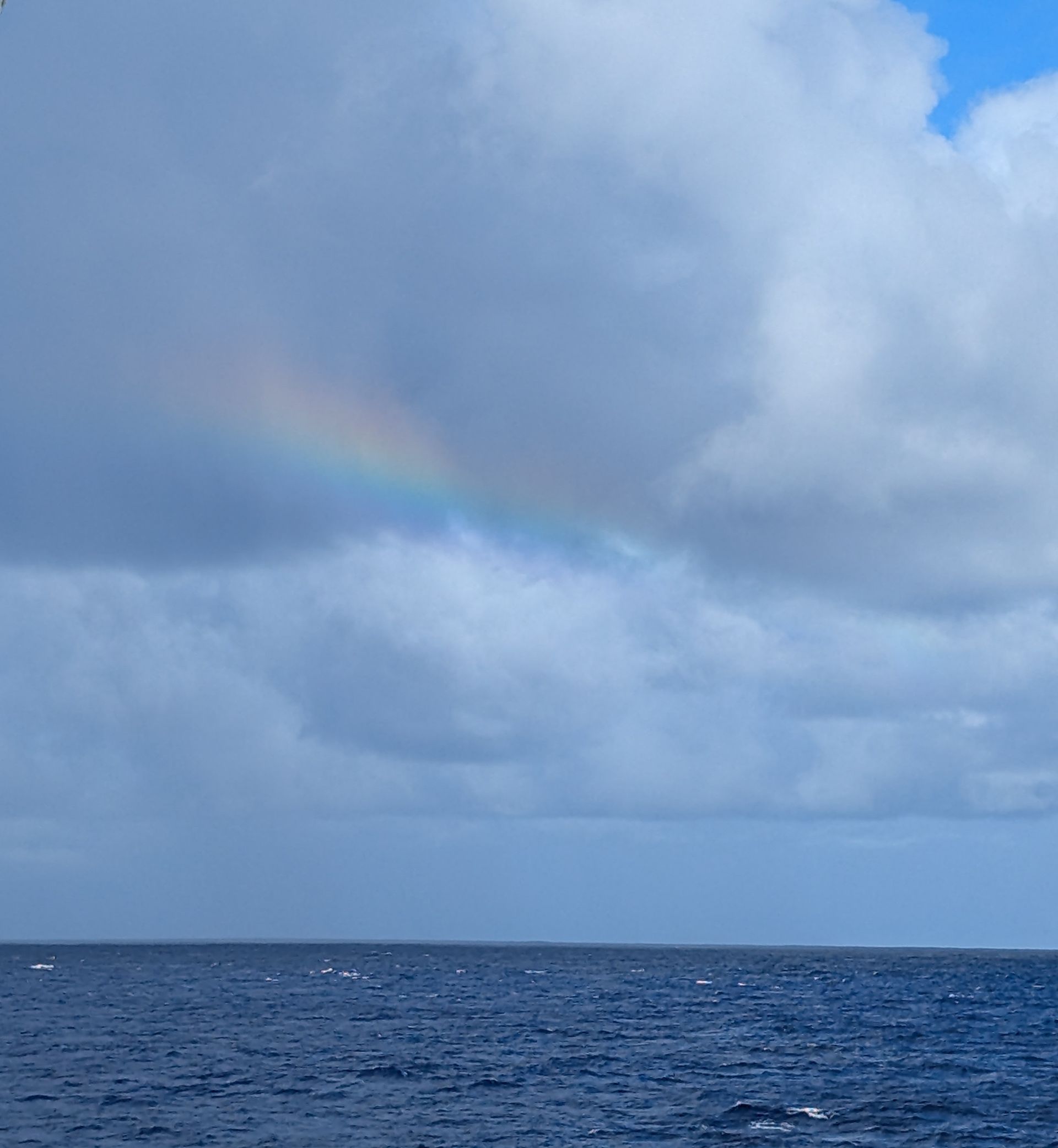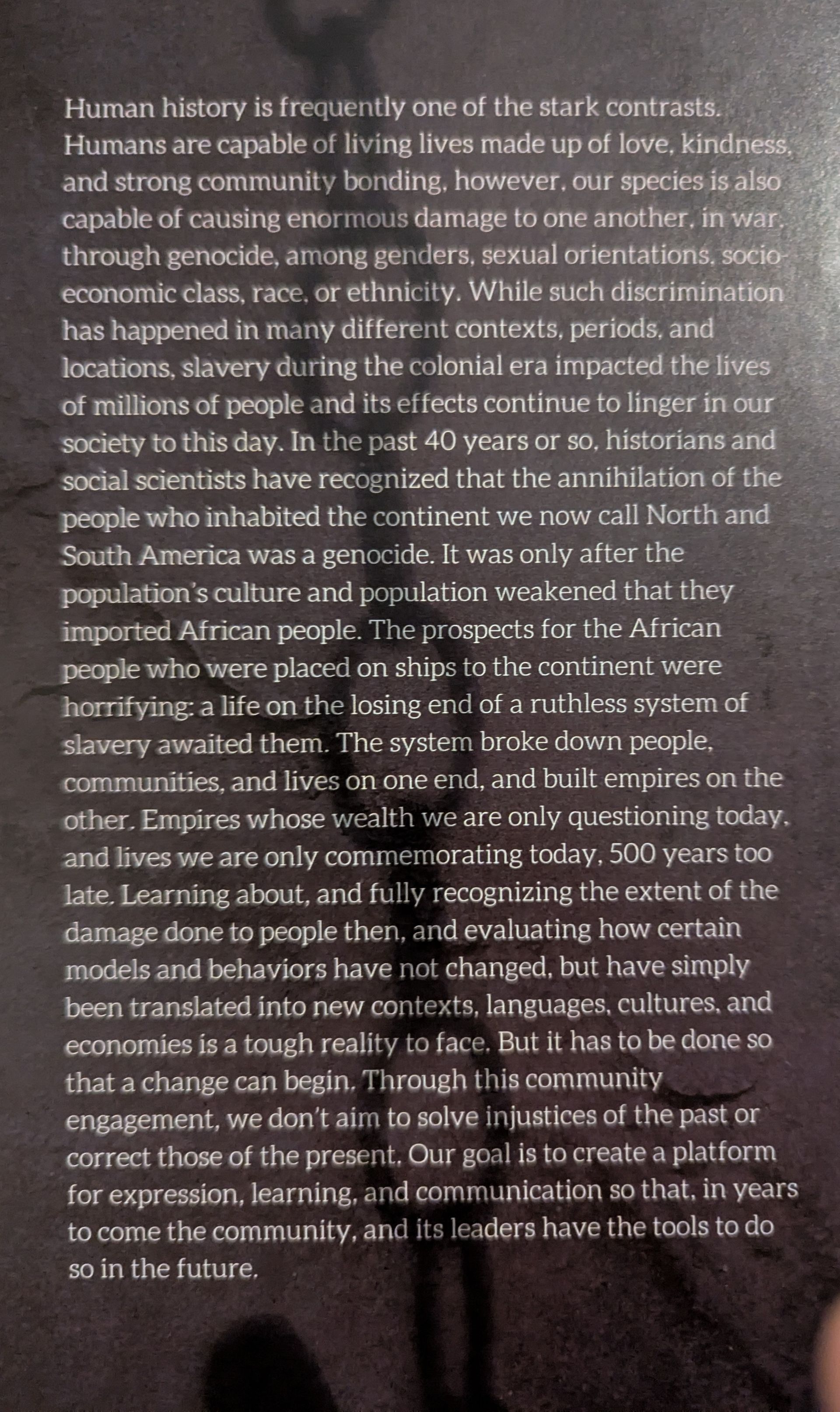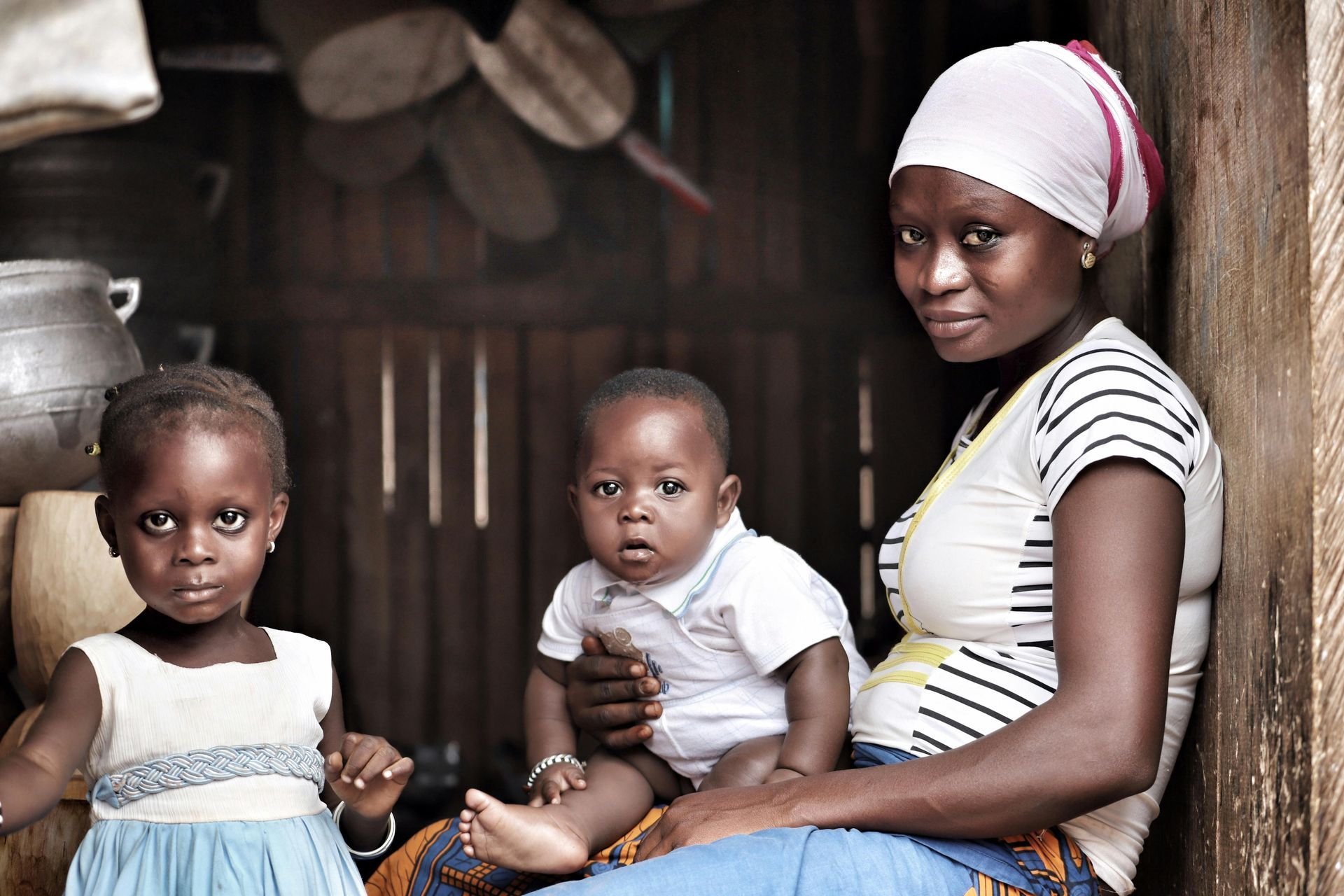How Consumerism is Driving Climate Change
With the holidays fast approaching, our consumerist culture is on display more now than ever. In fact, Americans produce 25 percent more waste than normal between Thanksgiving and New Year’s.
But consumerism is not just a problem during the holidays. With every Amazon purchase, every new iPhone, and every grocery store trip, we are consuming more and more resources. And the more we consume, the worse off our planet becomes. Up to 60 percent of greenhouse gas emissions are a result of consumption. Our consumer culture is also what eats up between 50-80 percent of total land, material, and water use.
If we want to tackle the problem of climate change, then we have to first tackle excessive consumption.
What is consumerism?
Before we dive into consumerism’s impact on climate change, it’s important to define what exactly consumerism is. At its core, consumerism relies on consumer spending to drive the economy. The more goods and services we purchase, the better off our economy is. As a result, consumerism pushes individuals to buy more and more and more, all to strengthen the economy.
And with nearly 70% of the American economy depending on consumerism, the increasing consumption of those goods and services is more important now than ever before. The economy cannot grow if people do not buy more. However, this economic model has had disastrous effects on our environment and our society.
Pollution and Greenhouse Gases
Perhaps the biggest impact consumerism has on our planet is its production of pollution and greenhouse gases. As stated previously, 60 percent of our greenhouse gas emissions is due to the production and consumption of goods and services. This not only includes the fancy cars we drive or the large homes we cool and heat—it also includes the objects we use on a daily basis. Our phones, computers, clothes, food, and more all rely on a production model that further pollutes our environment. While we certainly need some of these items, we often buy more than what we need, which further fuels production and dumps more greenhouse gases into the atmosphere.
Stressing Natural Resources
Many of us don’t think about where our everyday items come from. After all, we get our food from the grocery store, our clothes from online stores, and our cars from dealerships. We hardly ever go to the farms where our food is grown or the mines where the metal for our cars is extracted. As a result, we don’t truly understand how many natural resources our daily consumption relies upon. And the more we consume, the more stress we put on those natural resources.
For example, many of the items we use on a daily basis come from trees in the Amazon rainforest. However, with consumption rising, we need to cut down more and more trees. As a result, the Amazon rainforest is shrinking rapidly. This poses a huge problem to current and future generations. The Amazon rainforest absorbs much of our carbon, which keeps global temperatures in a normal range. Additionally, local flora and fauna are dying off, which unbalances our ecosystem.
Waste
When we start consuming items we don’t need, we become wasteful and inefficient. Many of the items we buy just end up in a landfill or in our oceans. Just think about all of the food you’ve let go to waste. In fact, high levels of food waste and spoilage is one of the major contributors to food insecurity around the globe. But it’s not just food. We throw away all sorts of items that we barely used, and those items end up polluting our land, rivers, streams, and more.
Propaganda and Culture
At the end of the day, what’s driving consumerism is our culture. Consumerism is baked deep into our culture, and marketing and propaganda from companies and governments further this trend. Modern capitalism works and survives off of consumer culture, and companies will do whatever it takes to ensure everything remains the status quo.
What Can We Do?
We cannot work on climate change while we still live in a consumerist culture. Thankfully, there is a solution. With a separate parallel economic system for basic needs, we will not be slaves for the needs of a for-profit economy. Energy Currency can help us become less wasteful and more efficient with the items we consume. We apply Energy Currency to basic human needs such as food, shelter, healthcare, and more in order to incentivize more efficient production and distribution practices.
To learn more about Energy Currency, read through our website or contact Renew the Earth today!

